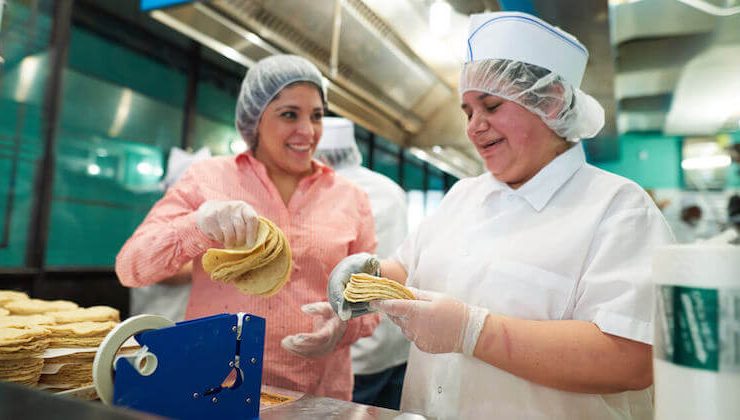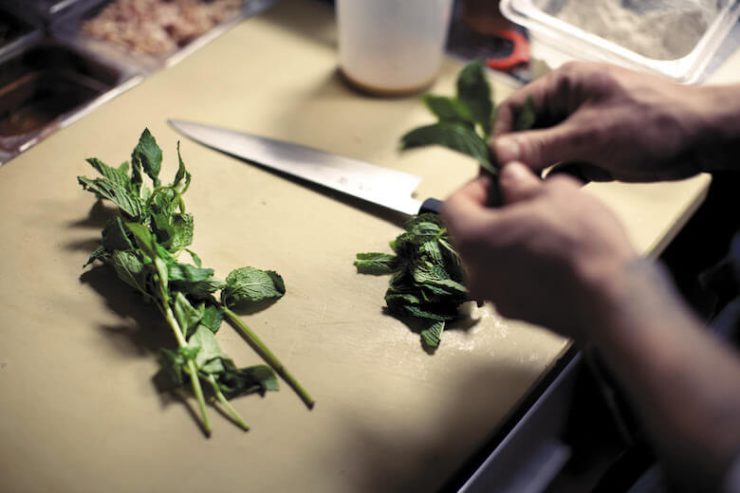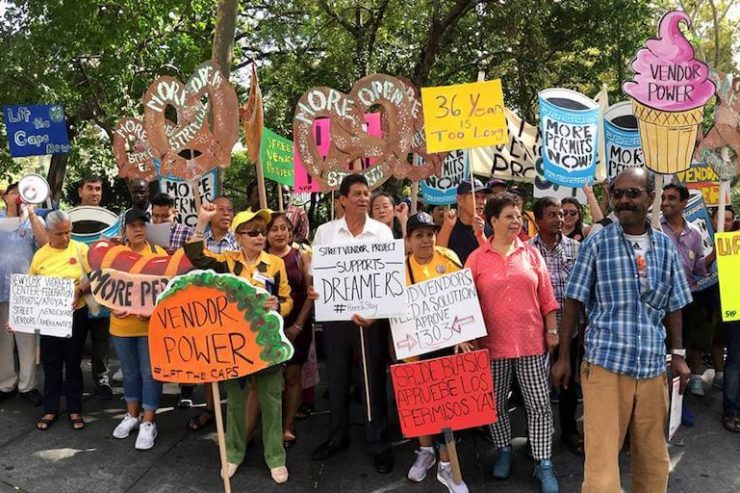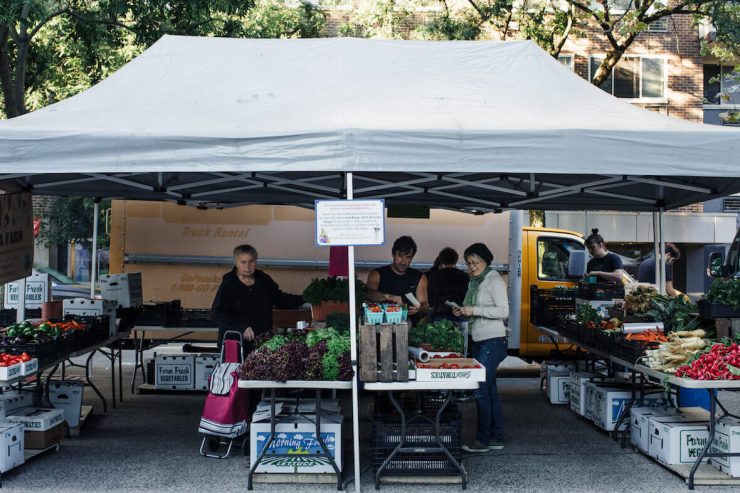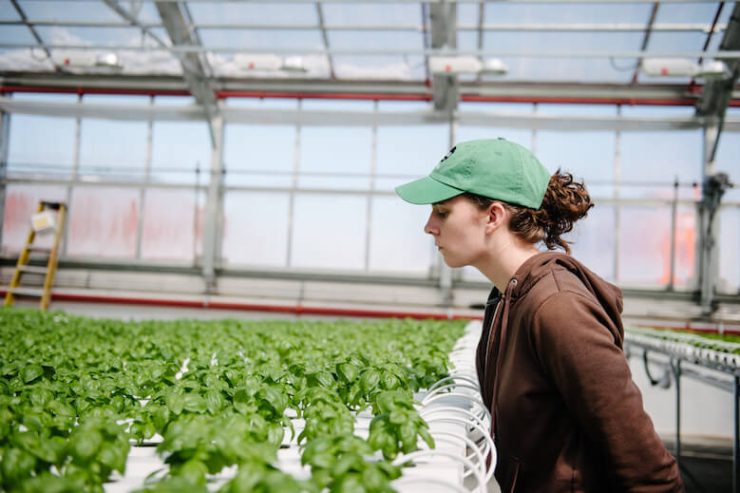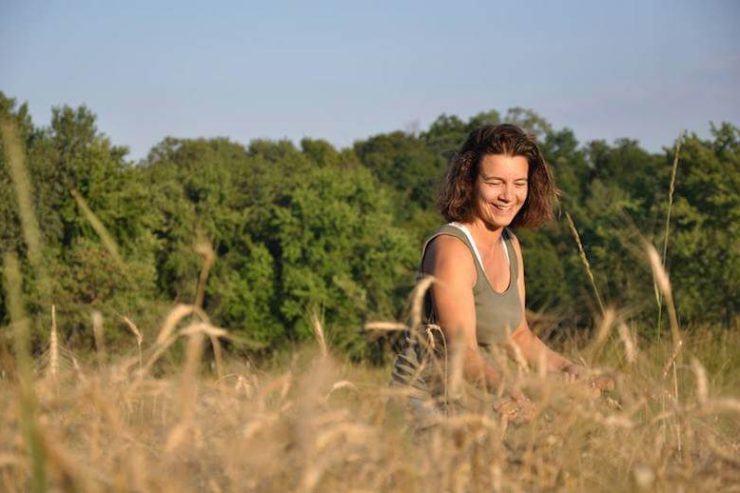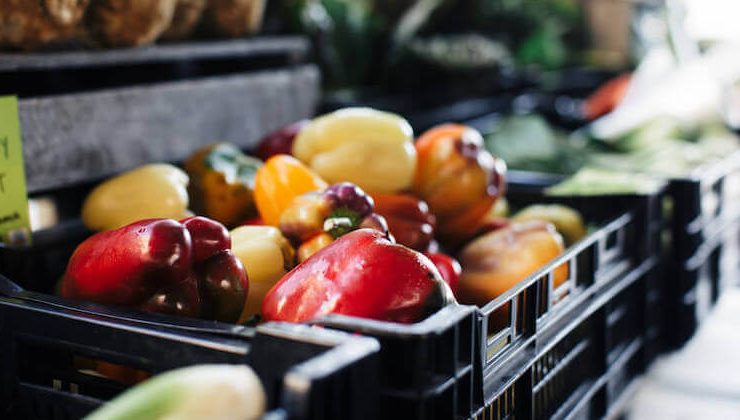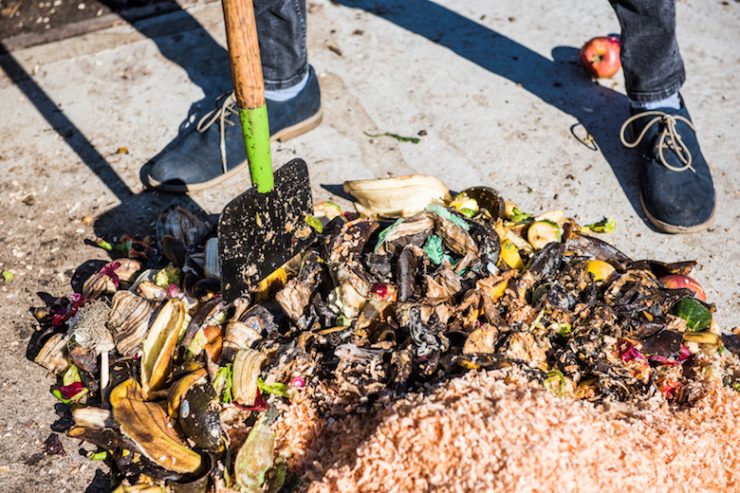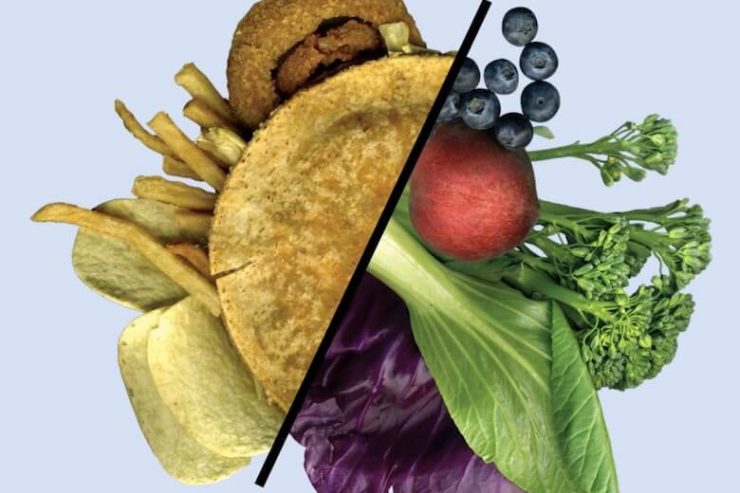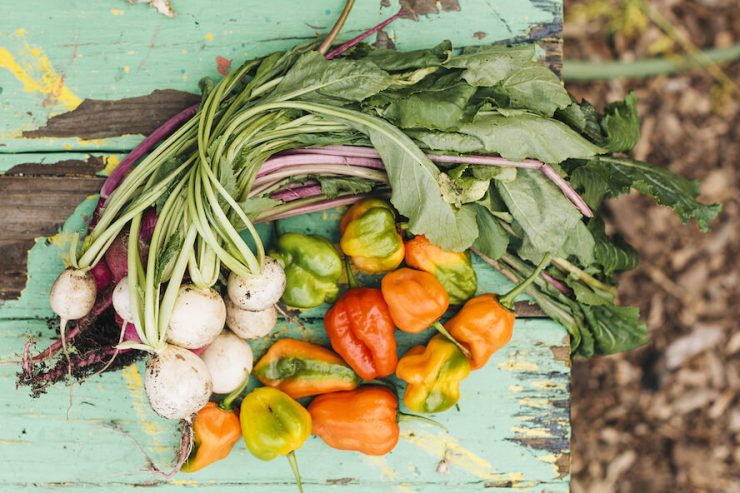As of now there is no federal framework to regulate aquaculture in the U.S., leaving a pretty significant policy vacuum and a lot of open questions.
ESL Works partners with clients ranging from fine-dining to warehouse and distribution centers to bring English classes into the workplace.
Local schools significantly depend on outside resources to help teach students how to make food choices that promote health, ecological sustainability and social justice.
Every restaurant is different, and there is no one right way to reduce food waste.
The Street Vendor Project thought a bill that would eventually double the number of food vending permits had garnered enough support to pass, but council support seemed to wane in the last few weeks.
This year, the National Food Policy Scorecard didn’t have much to work with.
Despite the fact that New York City has the largest urban agriculture system in the country, current regulations are often at odds with its expansion. That could change soon.
Finding Farmland is a new tool from the National Young Farmers Coalition (NYFC) “to help farmers and ranchers make informed financial decisions during the process of accessing land.”
We caught up with Nicholas Freudenberg, director of the CUNY Urban Food Policy Institute, about the past and future of food policy in New York.
The program will provide up to $2000 to small businesses in the five boroughs who demonstrate need and a viable implementation plan, and up to $5000 for partnerships.
Unshared Bounty underlines that food deserts are a historical symptom of economic, political and commercial environments.
The city played a key role in drafting the Milan Urban Food Policy Pact and has a robust set of initiatives that align with its vision.



